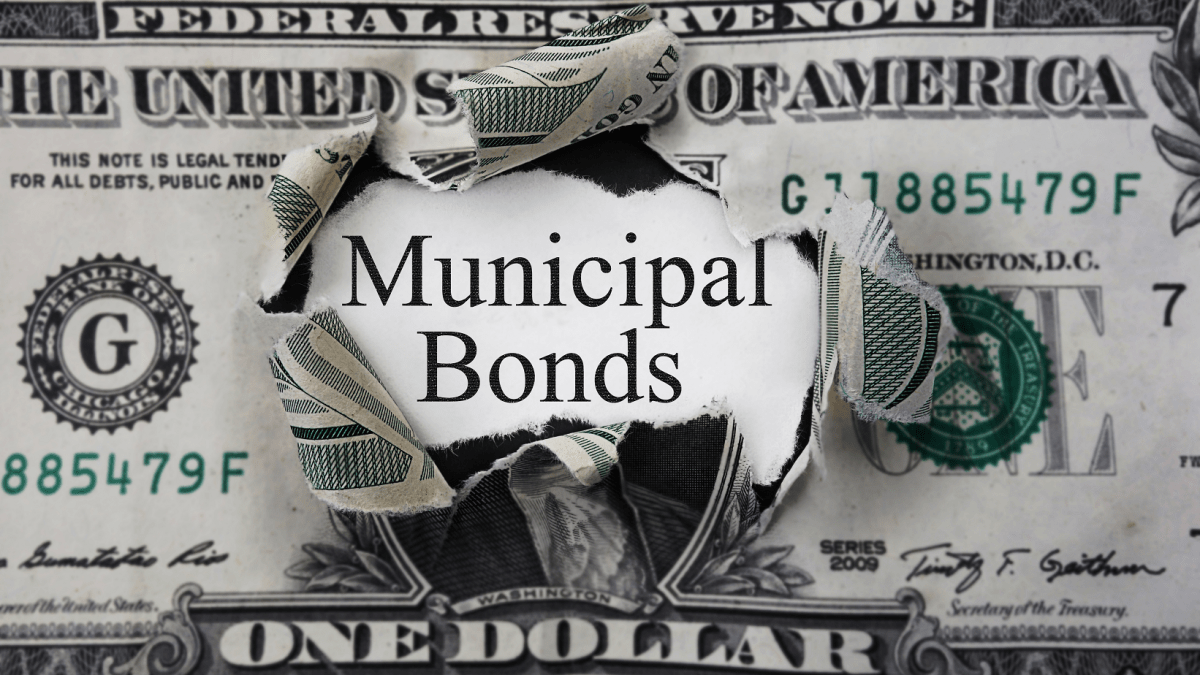By Thomas Hastie, Esq.
As we head into 2023, municipal finance professionals have another decision point to consider as they prepare to sell short-term financial obligations: whether to utilize an Official Statement. Every municipality in New Jersey prepares an Official Statement when it sells long-term bonds on its own. And it has been documented that using an Official Statement in the sale of municipal securities can be expected to increase the number of bidders and reduce the interest rate.
But many issuers, especially issuers that are selling smaller amounts of notes, do not prepare an Official Statement, mainly because Official Statements cost money to prepare and distribute. If the amount of bond anticipation notes to be sold is below a certain amount, does it make sense to spend thousands of dollars to prepare an Official Statement when the expected interest rate savings on the notes would be less than the cost of preparing the Official Statement? Historically, the answer was no. But in September of 2022, a new variable was introduced into the equation: federal enforcement actions against several traditional bidders for New Jersey bond anticipation notes could reduce competition when bond anticipation notes are sold competitively without an Official Statement.
The controlling rule in the sale of municipal securities is Securities and Exchange Commission (SEC) Rule 15c2-12, which requires that underwriters of municipal securities over $1 million in size, before bidding, purchasing, or selling a municipal security in the primary market, must obtain and review the issuer’s preliminary and final Official Statements and reasonably determine that the issuer has committed to provide continuing disclosure of certain events and financial data for as long as the securities remain outstanding. There are two exemptions to this general rule: (1) a short-term security exemption, and (2) the “Limited Offering Exemption.” Each of these exemptions requires that the security be in large denominations of $100,000 or more.
On September 13, 2022, the SEC announced that it had initiated a complaint against an underwriter and had entered into settlement agreements, including fines, with three other firms. In each case, the SEC alleged that the underwriters essentially ignored or failed to document compliance with the Limited Offering Exemption. Following this announcement, various articles were written explaining the technical violations of the Rule if you are interested. For our purposes, what matters is that fewer customary buyers may remain in the market for notes being sold without an Official Statement because reliance on the Limited Offering Exemption became more problematic and required more due diligence and record keeping than a year ago.
Competitive sales are a source of protection for municipal finance professionals, especially municipal chief financial officers (CFOs). Following a sale, the CFO is required to report the results to the governing body. If you negotiate with the local bank, you could report that the notes were rolled over at a 4% interest rate. But there is no context for whether that is a competitive rate in the current market. But a competitive sale yielding multiple bids ranging from 4% to 4.23% demonstrates that the 4% rate was the best rate offered on the date of the sale. With the Limited Offering Exemption less readily available, the number of bidders willing to participate in a competitive note sale without an Official Statement is expected to decrease.
So, what to do if you are trying to sell more than $1 million in notes? The most obvious answer is to prepare an Official Statement. If your note issues are more than $7,500,000 or so, you are probably using an Official Statement already because the expected interest rate savings would justify the cost of preparing an Official Statement. For municipalities that have bonds outstanding, a lot of the work of compiling the financial data is being done currently to comply with the municipality’s continuing disclosure obligations. Audits are done annually as well. The remainder of the Official Statement can be assembled quickly as most of the text does not vary much from transaction to transaction. But it will take time and money to assemble the collective parts, review it, and disseminate it to potential bidders. The timetable for a note sale would increase from three weeks to five weeks and the CFO will need to engage their working group earlier in the process.
Another alternative for 2023 is available. If the maturity date for the notes is less than nine months, the short-term security exemption would still be available under the SEC Rule. The notes would still be sold in denominations of $100,000 or greater but it would not impose the enhanced requirements for underwriters that reliance on the Limited Offering Exemption now requires. The use of this strategy would need to be highlighted in the Notice of Sale, and this is likely a short-term strategy. Eventually, the shorter term on the notes will require two note sales in the same fiscal year, and the municipality would need to budget for two interest payments in the same year, which is not an ideal outcome. But if the 2023 note sale sneaks up on you, it may be worth a thought.
A different option may be available for municipalities in counties that have an active county improvement authority. These authorities may operate a bond anticipation note pool, where the authority engages with the investment community, and the money raised is used to purchase the bond anticipation notes of the municipalities participating in the pool. In many cases, the authority notes are guaranteed by the county, which could generate interest rate savings for smaller municipalities or municipalities with credit issues. There would be scheduling issues as these pools operate on an annual schedule with one sale a year, so the first year may require some maneuvering to line up a municipality’s current note schedule with the existing schedule of the authority. But once in the pool, it would allow for a regular annual schedule to renew and fund new ordinances through a note sale. Finally, you can keep doing what you have been doing: completing a sale without an Official Statement. Depending on the size of the notes sold, there may be bidders out there. As the underwriting community adapts to the SEC ‘s enforcement actions, other bidders may return to the market. But as the size of the note gets larger, this strategy becomes more problematic: while local banks and alternative bidders may be able to absorb a $1.5 million note issue, expect a $4 to $5 million note issue to face resistance.
The content of this post should not be construed as legal advice. You should consult a lawyer concerning your specific situation and any specific legal question you may have.



